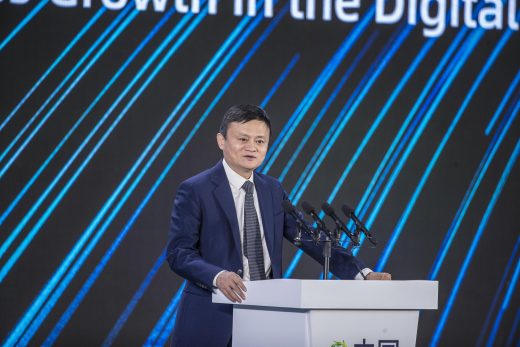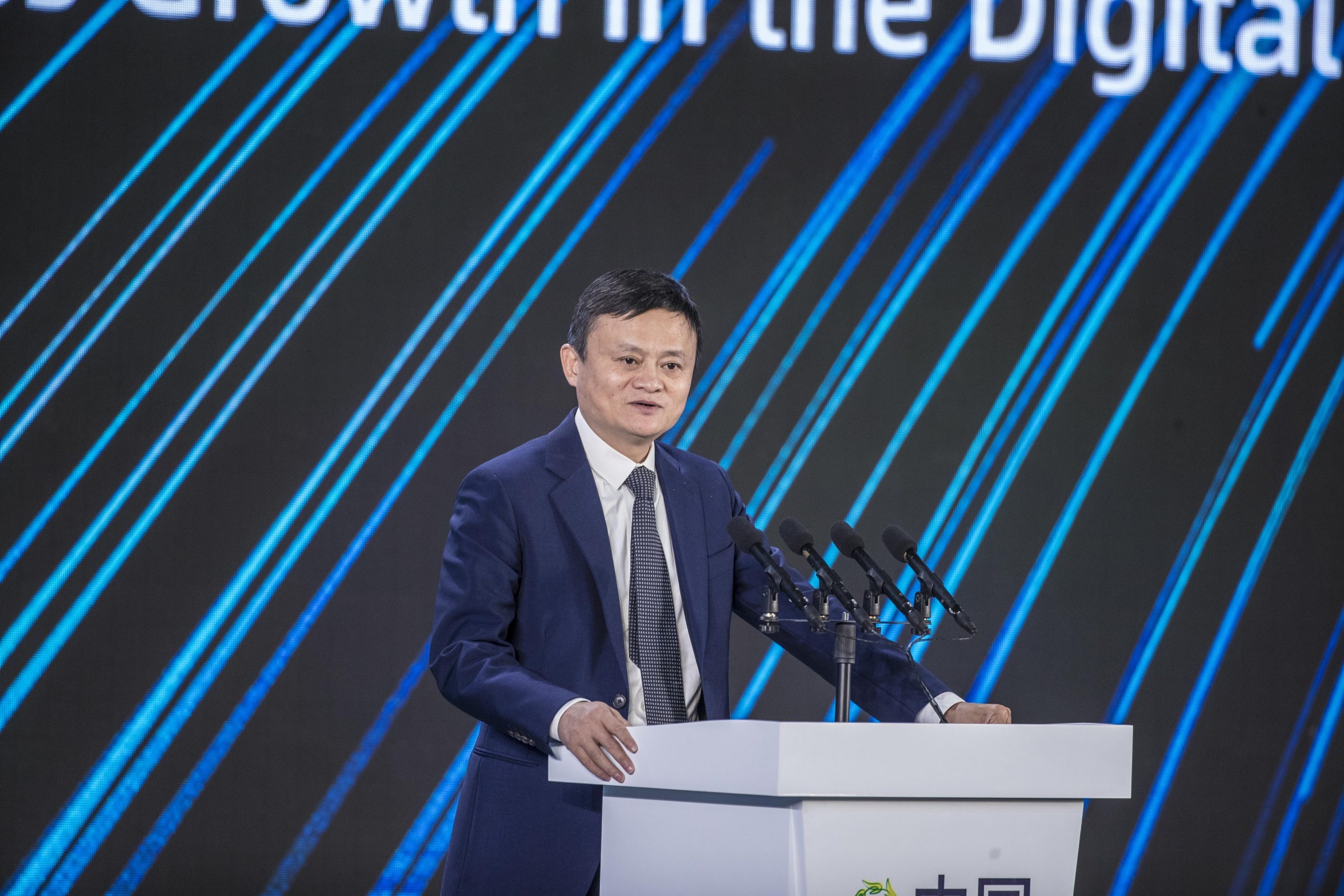China pushes Alibaba founder Jack Ma to downsize his finance business
China’s crackdown on Jack Ma’s empire is far from over: The country’s regulators have ordered the Ma-founded Alibaba affiliate Ant Group to scale down its business. In particular, they’ve ordered the company to “return to its origins” as a payment provider. Ant Group started out as Alipay, which became China’s largest digital payment platform, though it eventually expanded to offer investment and savings accounts, as well as lending, insurance and wealth management services. Pan Gongsheng, the deputy governor of China’s central bank, called those services “illegal” and said the company must “strictly rectify” those activities. As The Guardian noted, those services are the group’s most profitable and fastest-growing divisions.
Gongsheng listed all the steps Ant Group are required to take as ordered by Chinese regulators in a release posted on the bank’s official website. Those requirements include prohibiting unfair competition, improving corporate governance and ensuring everything it does is “in accordance with the law.” As for the company, it told The Guardian in a statement that it would form a “rectification working group” to implement those requirements. A spokesperson explained:
“We will enlarge the scope and magnitude of opening up for win-win collaboration, review and rectify our work in consumer rights protection, and comprehensively improve our business compliance and sense of social responsibility. Ant will make its rectification plan and working timetable in a timely manner and seek regulators’ guidance in the process.”
Back in November, Chinese regulators blocked Ant’s planned IPO in Hong Kong and Shanghai, which was expected to raise $34 billion. Authorities also introduced new draft laws to oversee tech companies’ data collecting activities, along with other rules they say are meant to protect consumers. And just a few days ago, regulators opened an investigation into Alibaba’s “suspected monopolistic conduct.”
Ma’s businesses seem to have become a target after he called Chinese banks state-owned “pawnshops” for handing out unnecessary loans at a finance summit in Shanghai in October. According to Bloomberg, his companies have been in crisis mode since then and his executives even formed a task force to deal with government watchdogs on a daily basis.
(26)




